U of T’s Doctoral Seminar’s Approach to Community Engagement
Taking learning outside of the classroom and into our communities is critical to appreciating how it fits with the larger contexts, and understanding the far reaching effects learning can have in the communities around us.
U of T’s Community Engaged Doctoral Seminar operates with this idea of experiential learning at its core. Started in 2015 by Jennifer Esmail at the Centre for Community Partnerships, an office within Student Life, the seminar gathers around 25 Ph.D. students from across different departments at U of T. According to one of the seminar’s coordinators, Catie Thompson, the seminar operates on “two levels.” At the first level, it’s a “typical seminar” where “students and facilitators meet [monthly] to discuss scholarly readings about community-engaged learning pedagogies,” says Thompson. This aspect of the seminar helps support students who want to teach community-engaged learning courses in their field in the future.
At the second level, students partner with local social justice non-profit and grassroots organizations. The seminar’s focus on social justice-oriented organizations comes from the fact that such organizations are systemically “underfunded, understaffed, and underresourced,” says Thompson, hence why such community engagement is necessary.
However, this community engagement isn’t rooted in a “charity-based model,” as Thompson puts it. Instead, the seminar operates with a Venn diagram model of sorts, emphasizing the mutuality of the exchange between students and their chosen organizations. Seminar students aren’t merely partnering with said organizations. More importantly, they learn from these organizations in their community, acquiring valuable skills through this exchange.
Working with chosen organizations, seminar students collaborate with a community partner in groups of 4-5 on a research project to address one of the organization’s key priorities. Within these projects, work on the research side of things, learning from and with their peers in an experiential manner. The multidisciplinary nature of the seminar group lends itself to students learning from each other’s different research approaches, allowing students to use a variety of these approaches in their research projects. Most of all, these collaborative research projects exemplify the program’s experience-based learning mandate. As their website puts it, through their projects, seminar students learn experientially about “project management, community-engaged research methodologies, and knowledge transition and exchange.”
With this in mind, it’s no shock that seminar students have been able to utilize these skills to make serious strides in communities across the GTA. One specific stride to highlight is their work with the non-profit organization FoodShare Toronto. Known as a “food justice” organization, FoodShare works to remove food insecurity and barriers that prevent access to food for people living with low income. In 2021, four seminar students conducted research with FoodShare to develop case studies about other Right to Food initiatives, to see, as Thompson puts it, “what’s possible here in Toronto.” According to Thompson, “the research was critical to the organization’s further learning about programs and policies used globally to reduce food insecurity.” As of now, their research is being utilized in FoodShare workshops across GTA communities to create Right to Food campaigns that the organization hopes to soon launch.
Currently, seminar students are partnering with organizations such as Parkdale Project Read, a non-profit “community-literacy” program, and the Muslim Welfare Centre of Canada, to name a few. As for the future of the seminar, according to Thompson, there are hopes to see the seminar grow, potentially creating similar models for masters and undergraduate students, which would expand the number of organizations the CCP could partner with, and help undergrad and grad students learn valuable research skills. Nonetheless, with the potential to reach more organizations, the seminar’s humble mandate still stays the same, to create a community of determined learners that will partner with and learn from the underserved in our local communities, helping create the types of communities we can only imagine.
By Daniela Atere























